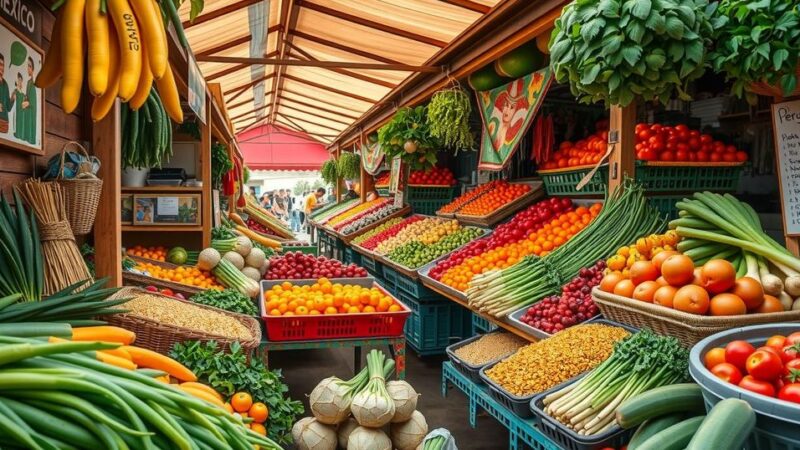Meat prices in Uzbekistan exceed those in several CIS countries, reaching 8.1 US dollars per kilogram due to market fluctuations and economic conditions. Factors contributing to these high prices include supply chain problems, increased feed and production costs, and high domestic demand. Global meat prices have also surged, further impacting local purchasing power.
According to the international platform Numbeo, beef prices in Uzbekistan stand at approximately 8.1 US dollars per kilogram, surpassing prices found in Kazakhstan, Russia, Kyrgyzstan, and Tajikistan. This price elevation can be attributed to fluctuations in food market prices and ongoing economic developments within the nation.
Globally, Switzerland exhibits some of the highest beef prices, reaching 44.3 US dollars per kilogram. In comparison, Iceland and South Korea also report substantial prices of 38.7 and 28 US dollars respectively. In contrast, Pakistan ($4.04), Nigeria ($4.50), and Ghana ($4.78) offer meat at significantly lower costs. Within the CIS, meat prices can be found cheaper than in Uzbekistan, with Kazakhstan ranging from $6 to $7 and Russia at around $7.
Several factors contribute to the higher meat prices in Uzbekistan: one is the challenges within the supply chain, which elevate transportation costs crucial to delivering meat. Furthermore, farmers face increased expenses due to rising feed prices essential for livestock farming. Additionally, labor and production costs at slaughter facilities can also be elevated. Restrictions on imports, coupled with strong domestic demand for meat, further exacerbate market prices.
In the global context, meat prices have surged by 18% over the past year, with Uzbekistan’s rate at 14.4%. Specific categories such as bone-in beef and mutton have experienced price increases of 18.5% and 19.4% respectively, while poultry has seen a slight decrease.
The rising cost of meat negatively affects the purchasing power of consumers, prompting a shift towards more affordable protein sources—many individuals are increasingly opting for poultry or other substitute products. To ensure food security in Uzbekistan, it is imperative to enhance the livestock sector, alleviate feed shortages, and improve import practices.
In summary, meat prices in Uzbekistan are higher than in neighboring CIS countries due to various factors, including supply chain issues, increased feed prices, production costs, and high demand. The global price surge further compounds local challenges. To address these issues and promote food security, strategic measures must be undertaken to support the livestock industry and streamline import processes.
Original Source: zamin.uz






